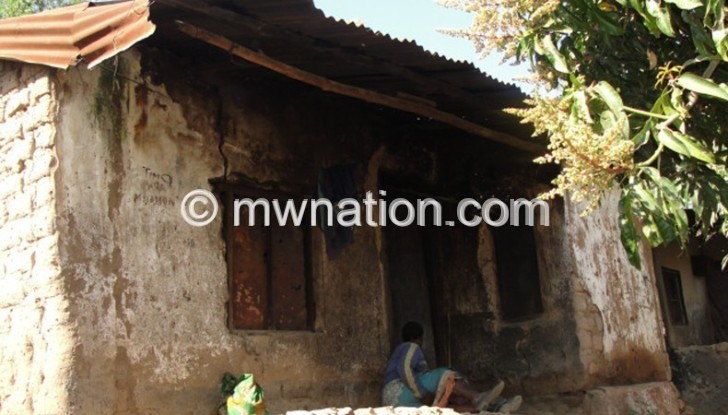NSO set for another GDP rebase in 2022
The National Statistical Office (NSO) says it will conduct another rebase of the economy next year to keep pace with developments in the country.
NSO head of national accounts and balance of payments Hector Kankuwe, who is also NSO regional statistical officer (Centre), said in an interview on Wednesday that going forward, the country needs to keep rebasing its economy at less than five-year interval.

He said: “Our desire is to rebase again before end of 2022 if the Covid-19 pandemic shall have been gone. 2020 and 2021 are bad years because of the pandemic, economies are at their lowest ebb.
“When an economy is rebased, you increase GDP [gross domestic product] as well as GNI [gross national income] per capita because in general, coverage of the economy gets more than before.”
In 2019, NSO also rebased the economy, a development which increased the size of the GDP by 72 percent in dollar terms from $6.4 billion (or K4.6 trillion) in 2010 to $10.9 billion (or K8.1 trillion).
Following the completion of the rebasing exercise, NSO revealed that the country’s nominal GDP for 2017 was revised upwards by 38.4 percent from $6.4 billion (K4.9 trillion) in the 2010 base year to $8.8 billion (K6.4 trillion) in the 2017 base year.
Rebasing of GDP involves replacing the old base year used in compiling GDP with a more recent base year for computing constant price estimates.
All over the world, as relative prices and the structure of the economy change over time, economies are generally encouraged to update the base year to correspond with the evolution of prices in the economy and to also improve quality and coverage of their national accounts.
However, recent data from the African Development Bank shows that between 2010 and 2019, the country’s GNI per capita increased from $250 (about K188 000) to $1 089 (about K816 750) between 2010 and 2019 although majority of the population (69 percent) are living below the $1.9 a day.
Kankuwe, however, said while it may require research to establish whether the increase in GDP per capita changed welfare, the change is good for the economy.
‘“As to whether this reflects the situation on the ground, I think it does because the measurement is not abstract, it is based on existing measures on the ground. World Bank classified middle income economy as one with GNI per capita of between $1 040 and $12 500.
“Having hit $1 089, it may not take many years for Malawi to attain the status of a middle income economy.”
Malawi aspires to raise the annual income for each citizen or GNI per capita to between $3 956 (K3.2 million) and $12 235 (K9.7 million) as outlined in the Malawi2063 launched on Tuesday.




